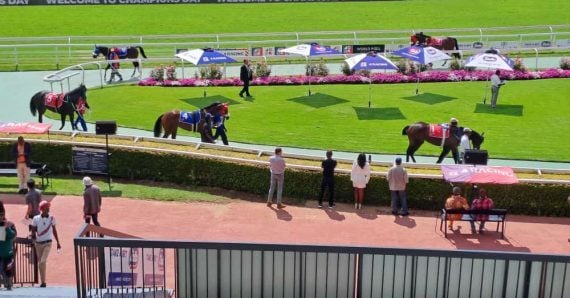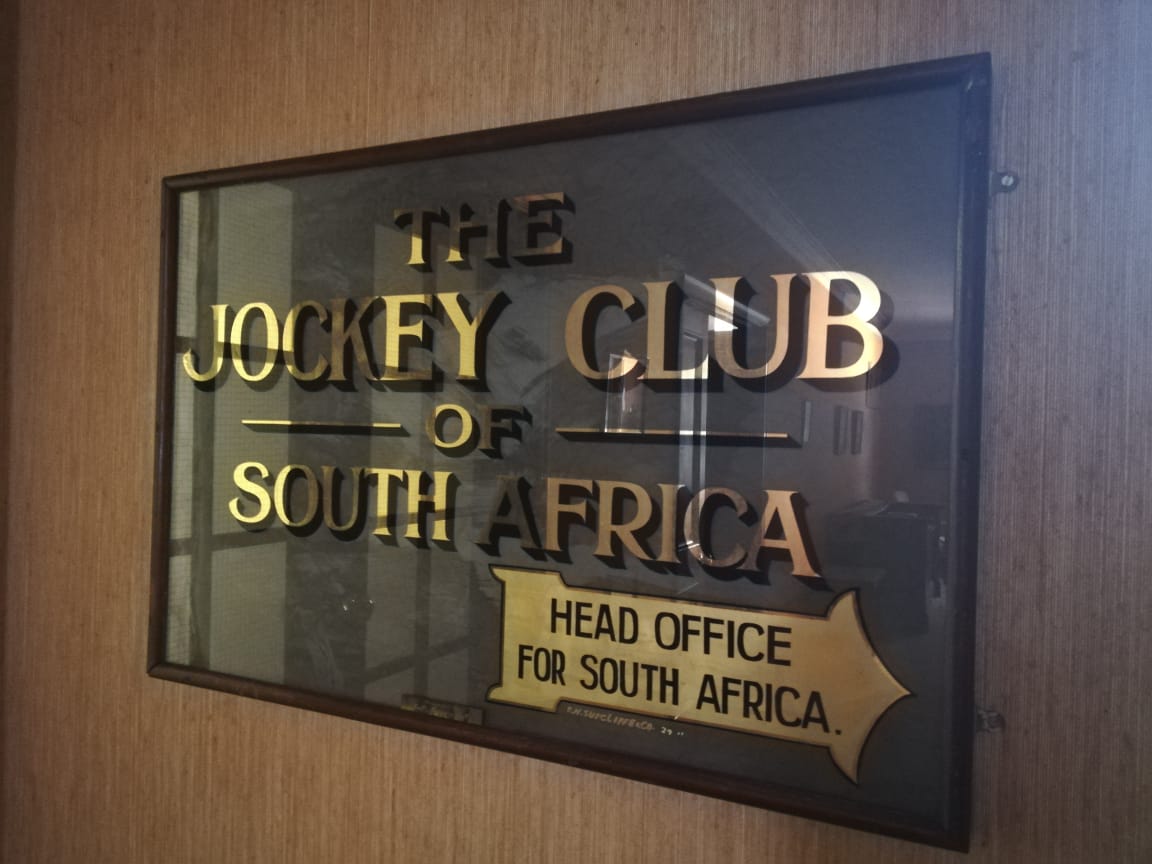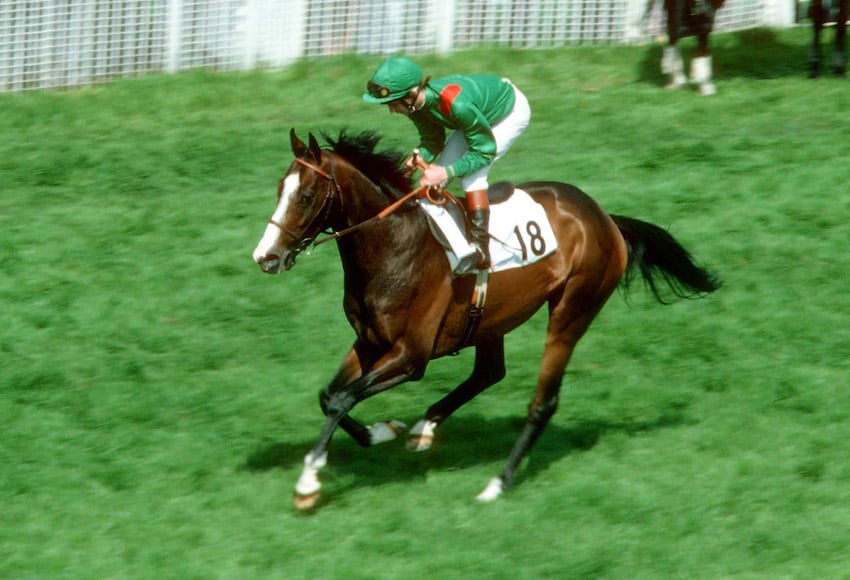The apparent arbitrary hiking of fees and the increased levies payable on imported horses came under fire from Paul Lafferty and James Goodman on Monday evening’s Winning Ways show.
Racing South Africa (representing the SA Equine Trade Council) CEO Peter Gibson has responded to our editorial NHA – Out Of Control, which carried an excerpt of the popular Tellytrack show.
Peter Gibson reacts:
The increased foal registration fee of around R500 is the “Breeders” contribution towards the funding of the work of the Equine Health Fund (EHF), not Racing South Africa.
The EHF was established following the closure of Horseracing South Africa in July 2014 and derives the balance of its funding from the Operators and the Owners.
It is primarily responsible for the funding of the Equine Research Centre and amongst other initiatives, South Africa’s Horse Export drive, in particular efforts to re-instate the Free Zone in the Western Cape.
The “Trade Development Levy” was first introduced to support the work of the SA Horse Import & Export Council (SAHIEC) when that NPC was established in the mid-1990’s to drive the horse export initiative.
Originally pegged at R10 000 per imported thoroughbred, Horseracing South Africa (Pty) Ltd, the entity which replaced SAHIEC in 2005, reduced the levy to R5000 in around 2007 when the EU suspension on exports from the AHS Controlled Area in the Western Cape was lifted and the “export” playing field was partially levelled.
In light of the subsequent suspension of exports to the EU and other trading partners in 2011 (following the Mamre outbreak), when the new industry structures were put in place last year, the Levy was transferred to the SA Equine Trade Council (NPC) and increased to its original value as a means of partly financing its marketing operations to attempt to attract much needed foreign investment to South Africa as well as supporting export initiatives that will allow South Africa to regain its export status.
The NHA published the decision to increase the Levy on 13 March 2015, both via email to owners and trainers and on their website.
The Board of the SA Equine Trade Council would clearly consider reducing or removing the Levy in its entirety once the export playing field is returned to somewhere near normal with our competitors, in particular Australia, New Zealand and South American and EU countries that supply the vast majority of horses to our major trading partners in the Middle East and Asia.
However, with South Africa’s breeding industry suffering significant declines over the past twenty years, our primary responsibility is to local industry and we believe that the opening of the export markets is the only realistic way of reversing this trend.
Ironically, racehorse owners are major beneficiaries of a global export opportunity.
Proudly South African!”











